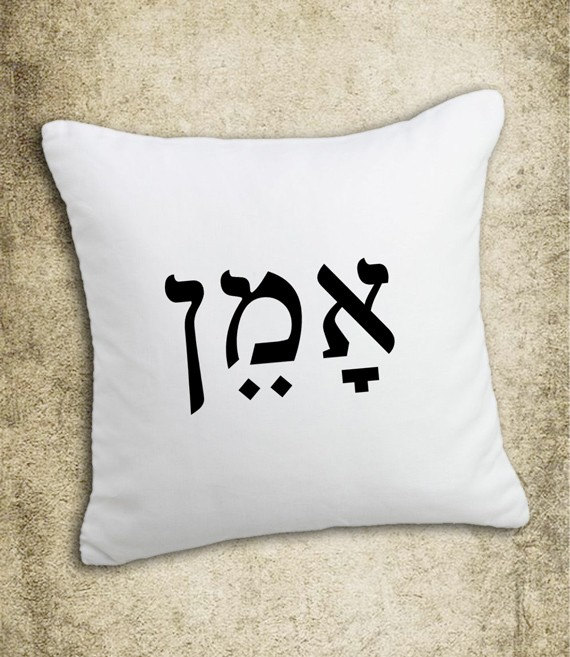Although it is the center of our prayer service, Shema Israel is not a really prayer at all. For one thing, it is not addressed to God, but to our fellow Jews, as we remind each other: “Hear, O Israel.” While Shema can and should be recited with devotional intensity, actually, reciting the three biblical paragraphs of Shema is more like an act of ritualized study than a prayer.
And since Torah study is a mitzvah, par excellence, you should probably say a blessing before fulfilling the mitzvah, right? As the Talmud [Pesachim 7b] says, “One should say a blessing prior to performing all commandments.”
So what is the blessing for this ritualized act of Talmud Torah? The Talmud [Berakhot 11b] states that if one rises early, before morning services, to study the Written Torah [i.e. the Bible] or the Oral Torah [teachings of the Sages] then one should say a blessing. Many of you will be familiar with the version that Ashkenazim use and which is at the beginning of our siddurim: ברוך אתה … לעסוק בדברי תורה, “Blessed are You … who commands us la’asok be’divrei Torah, to busy ourselves with Torah.” That exact phrasing actually entered Jewish practice in the Middle Ages and is not original to the Talmud. Medieval manuscripts mostly record the blessing as על דברי תורה, “commanded us regarding Torah study, al divrei Torah.” That is almost certainly the original ancient version, and what Mizrachi Jews typically say, still today. Say that blessing and some accompanying material, and you’re blessed and ready for a day of learning.
But the Talmud itself actually prescribes this blessing only if you rise for extra learning before daily services. If not, saying the blessing אהבה רבה/Ahavah Rabbah in the course of morning prayers itself functions as the blessing over Torah study for the day. Functionally, this second blessing before Shema is like saying asher kidshanu bemitzvotav v’tzivanu … before your ritualized communal Torah study.
This being the case, it produces one interesting fine point of liturgical practice. If you have not recited la’asok bedivrei Torah before Ahavah Rabbah then arguably you should not say amen when the prayer leader says it aloud. You should go right from the berakhah to the mitzvah, from blessing to study, uninterrupted even by a little amen. But wait a minute! On the other hand, you should always say amen any time you hear a blessing, and the prayer leader is certainly singing this one aloud. So one imperative would push us to omit amen and another would demand that we include it. What’s the solution?
One possible resolution flows from the fact that you should not say amen to your own blessings, which is considered inelegant and kind of dumb. But if you conclude your Ahavah Rabbah at the very same time as the prayer leader, then you cannot really add amen, and you can head toward the Shema without delay. But I myself think this is all a little overly obsessive and anxious. I prefer to say amen whenever I hear a blessing. So I try to make sure I have already blessed over the Torah before services, so I can answer the beautiful Ahavah Rabbah blessing enthusiastically. So … Can I get an amen?!





